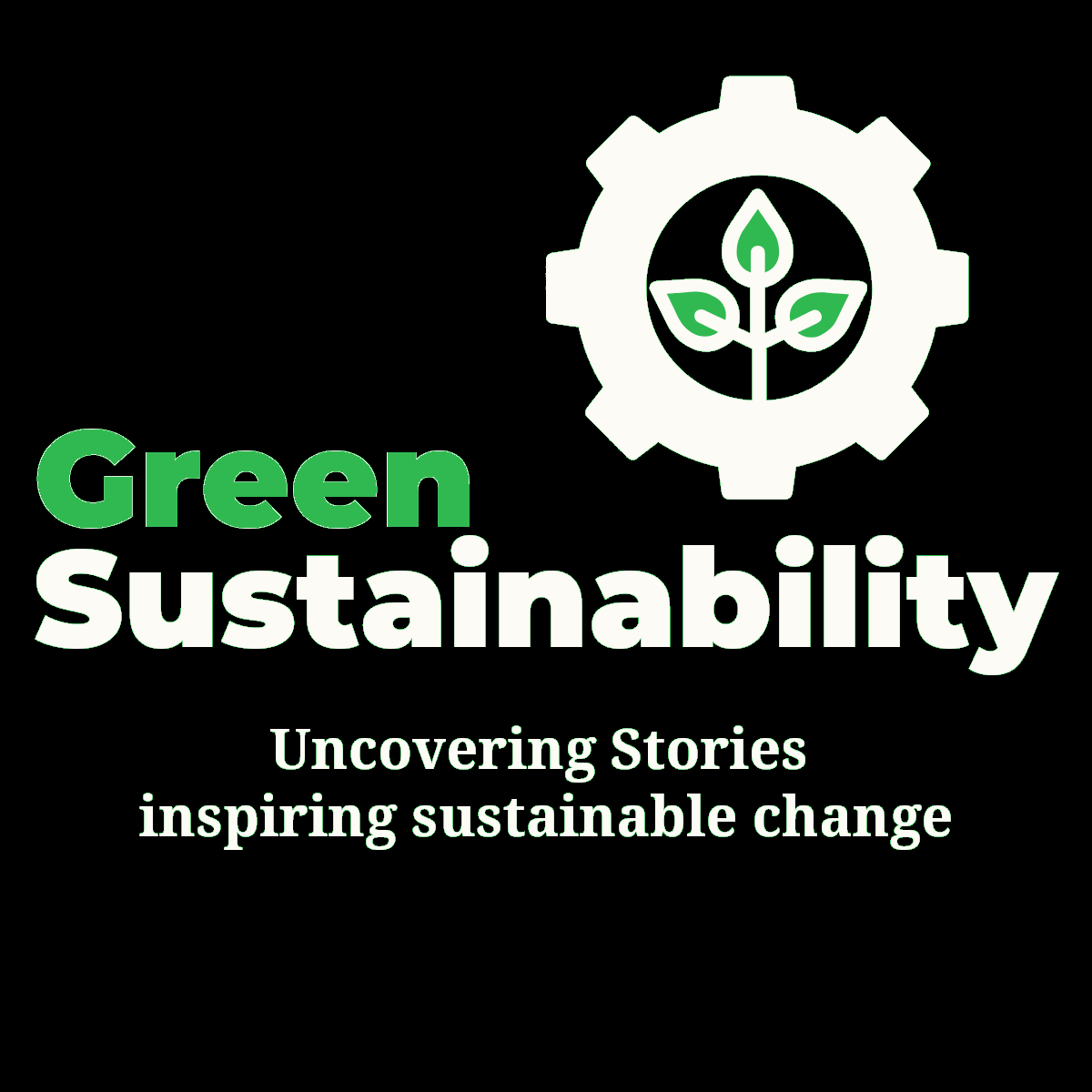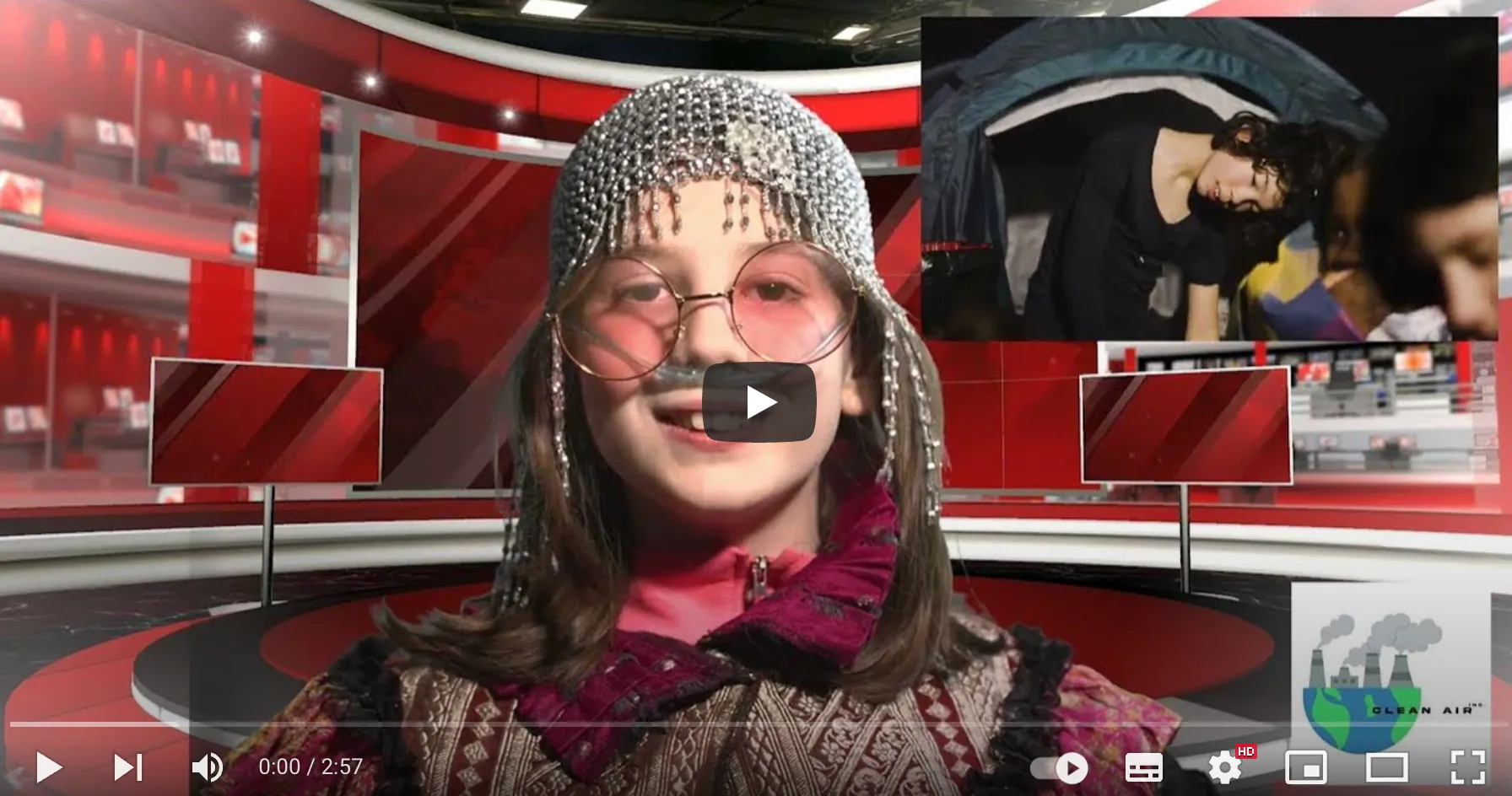


Animals and plants are shrinking - but it's not a magic trick, it's the effect of climate change. Researchers have found that to cope with hotter weather and less rain, other animals and plants are not growing as big as they usually would.
The world's climate is always changing but these changes are often very slow, gradually affecting life on earth giving organisms plenty of time to adapt to the new conditions. But due to human activity, which has increased the amount of greenhouse gases in the atmosphere, scientists believe that the climate is changing faster than ever, which may leave some animal and plant species behind. There are a few that have been quick to respond. Polar bears, toads, tortoises, blue tits and red deer are amongst the animals that are scaling down. But why would animals become smaller?
It's not known exactly why plants and animals start growing less, but there are a few ideas. The earth's climate is getting warmer and in many areas this means there is less rain. For many plants a great way of dealing with this is to down-size, but this will affect the animals that eat the plant - they will have to eat more to get the energy they need and this may cause the animals to shrink, which will mean a smaller meal for carnivorous animals as well! Shrinking may be helpful because the smaller you are the less food and less water you need to survive. But how small can animals go? Researchers looked back at 65 million year old fossils and noticed the same change in insects such as beetles, bees and ants that became 50-75% smaller as the earth heated up. This doesn't mean that we'll soon need magnifying glasses to feed our hamsters - the changes are likely to be slow and we may not always notice.
But changes have been noticed in Scotland. Soay sheep on Soay Island have been getting smaller over the last 25 years as their winters are getting shorter and warmer. The effects of shrinking plants and animals aren't great for ecosystems or humans. One of the problems is that not all plants and animals will react in this way which will change the delicate balance of ecosystems and may even affect food supplies for humans. However research is underway to predict the consequences of these changes so that we can prepare for the future.
Our Supporters



.png)




















.png)













































small.original.avif)



_(1).original.avif)


